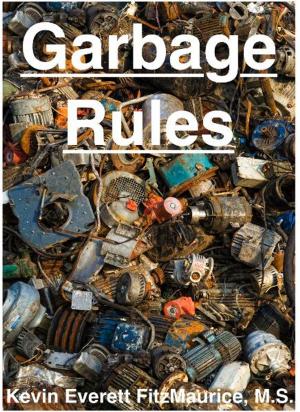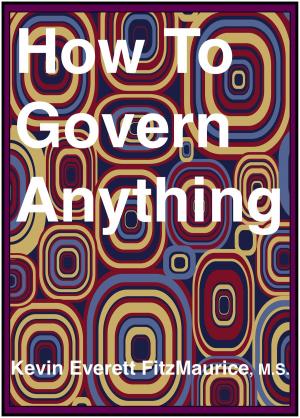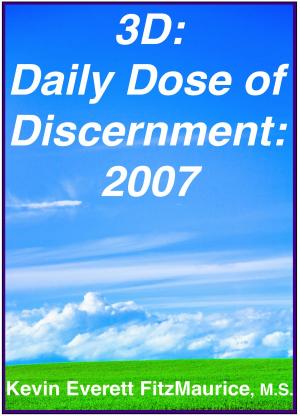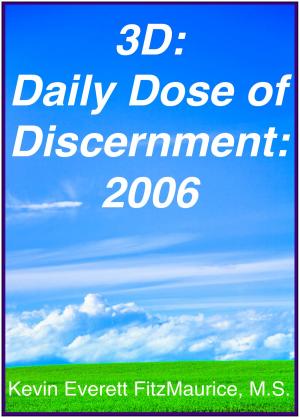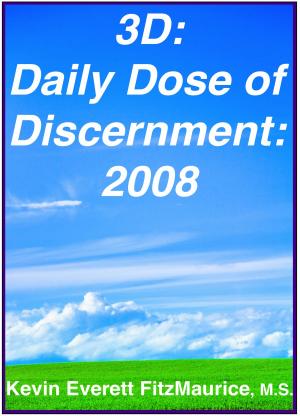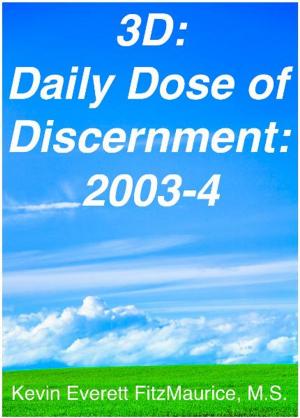| Author: | Kevin Everett FitzMaurice | ISBN: | 9781878693266 |
| Publisher: | FitzMaurice Publishers | Publication: | April 7, 2012 |
| Imprint: | Language: | English |
| Author: | Kevin Everett FitzMaurice |
| ISBN: | 9781878693266 |
| Publisher: | FitzMaurice Publishers |
| Publication: | April 7, 2012 |
| Imprint: | |
| Language: | English |
This book is about the work of Carl Rogers, not the life of Carl Rogers. The personal problems Carl Rogers had with alcohol and his marriage have nothing to do with his counseling method. This brief book focuses on the method of counseling that he invented. Method and technique are not to be confused with counseling theory. A counseling theory is a set of guiding principles that structure the course of counseling. A method or technique is a strategy for eliciting a response from a client. Counseling theories therefore provide general directions for achieving specific goals, while methods or techniques are specific strategies for promoting a change or curative response from a client. Carl Rogers gave the counseling world its most effective, efficient, and advanced method. Unfortunately, Rogers feared to face the true nature of his method and buried it under false philosophy and theory that diametrically opposed it. Rogers betrayal of his method has led to a corruption of his method, causing it to be diluted, at best, and in many cases lost. We must separate the theory of Carl Rogers from the method of Carl Rogers to resurrect and preserve his superior method. This book will help you discover the true nature of the method. But ultimately, you must work this out for yourself. You must again watch the videos of Rogers at work. You must again analyze his method. You must experiment and test until you are certain, from your own examination, what the nature of the method is. If you wish to debate Rogers theories, then you are missing the point: The Rogerian Method works wonders and needs to be salvaged and seen for what it is, separate from all theory and philosophy. Those who continue to banter about philosophies after reading this book are those incapable of performing the method. You can have any theoretical orientation you like and still use the Rogerian Method effectively, as long as you understand the method for what it is. Putting the method into a new context, a new theory of understanding, frees it for future exploration. Once the method is free and alive again, then you can make up any philosophies or theories about it that you want or need. The method will have been saved. Rogers was a unique genius who provided the counseling world with its best method, and both he and his theory are rightly honored and valued. His theory is simply humanism and self-actualization applied to counseling, something others have done both before and after Rogers. Rogers was an idealist, and most of his expounded ideals are noble and helpful. For instance, Rogers wanted teachers to be facilitators and resource persons for the discovery process, rather than merely a series of audio recordings. Both the method of Rogers and the theory of Rogers are valuable in their own right. Please re-experience the Rogerian Method in light of this book, and leave the rest to dust. If we could present the method as our own or something new, we would; but that would be a lie. Save counselings greatest method for future generations. Let us increase the odds that more than just the lucky few can find a counselor proficient in the Rogerian Method.
This book is about the work of Carl Rogers, not the life of Carl Rogers. The personal problems Carl Rogers had with alcohol and his marriage have nothing to do with his counseling method. This brief book focuses on the method of counseling that he invented. Method and technique are not to be confused with counseling theory. A counseling theory is a set of guiding principles that structure the course of counseling. A method or technique is a strategy for eliciting a response from a client. Counseling theories therefore provide general directions for achieving specific goals, while methods or techniques are specific strategies for promoting a change or curative response from a client. Carl Rogers gave the counseling world its most effective, efficient, and advanced method. Unfortunately, Rogers feared to face the true nature of his method and buried it under false philosophy and theory that diametrically opposed it. Rogers betrayal of his method has led to a corruption of his method, causing it to be diluted, at best, and in many cases lost. We must separate the theory of Carl Rogers from the method of Carl Rogers to resurrect and preserve his superior method. This book will help you discover the true nature of the method. But ultimately, you must work this out for yourself. You must again watch the videos of Rogers at work. You must again analyze his method. You must experiment and test until you are certain, from your own examination, what the nature of the method is. If you wish to debate Rogers theories, then you are missing the point: The Rogerian Method works wonders and needs to be salvaged and seen for what it is, separate from all theory and philosophy. Those who continue to banter about philosophies after reading this book are those incapable of performing the method. You can have any theoretical orientation you like and still use the Rogerian Method effectively, as long as you understand the method for what it is. Putting the method into a new context, a new theory of understanding, frees it for future exploration. Once the method is free and alive again, then you can make up any philosophies or theories about it that you want or need. The method will have been saved. Rogers was a unique genius who provided the counseling world with its best method, and both he and his theory are rightly honored and valued. His theory is simply humanism and self-actualization applied to counseling, something others have done both before and after Rogers. Rogers was an idealist, and most of his expounded ideals are noble and helpful. For instance, Rogers wanted teachers to be facilitators and resource persons for the discovery process, rather than merely a series of audio recordings. Both the method of Rogers and the theory of Rogers are valuable in their own right. Please re-experience the Rogerian Method in light of this book, and leave the rest to dust. If we could present the method as our own or something new, we would; but that would be a lie. Save counselings greatest method for future generations. Let us increase the odds that more than just the lucky few can find a counselor proficient in the Rogerian Method.



